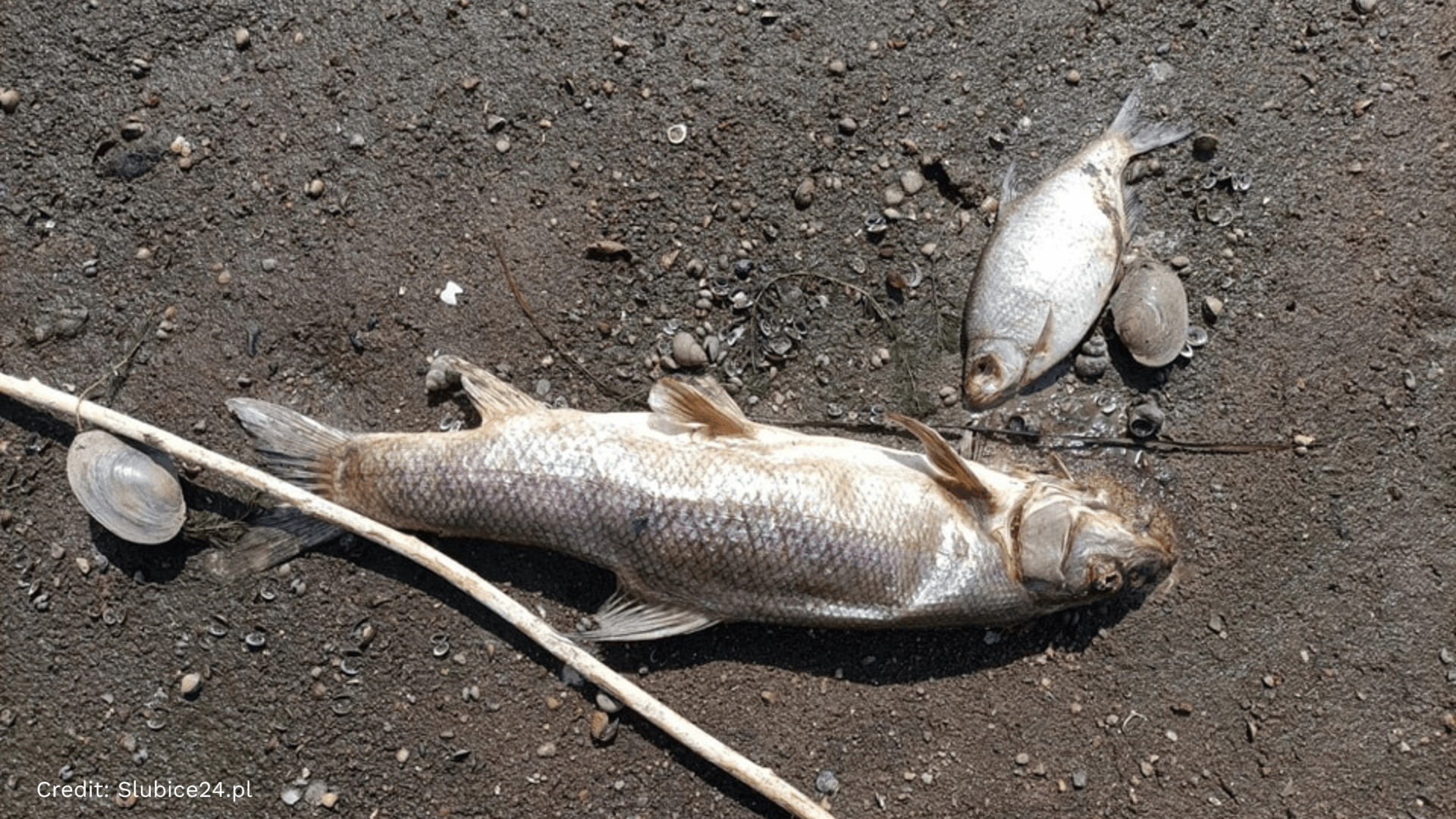CCB concerns regarding contamination of River Odra

17 August 2022 - Yesterday CCB sent a letter to the Baltic Marine Environment Protection Commission Helsinki Commission (HELCOM) and the International Commission for the Protection of the Odra River against Pollution (ICPO) expressing the concerns raised by our members in Poland and Germany about the dramatic pollution incident that is currently ongoing along the Odra River.
"We have regretfully learnt that starting from the end of July a devastating contamination of Odra has caused death of tons of fish, mammals and waterfowl birds along hundreds of kilometres up- and down-stream the third biggest by catchment area river in the Baltic Sea basin. This pollution incident has al-ready affected two out of three countries in the Odra catchment, causing adverse environmental, economic and social impacts.
Evidences collected so far, according to the national and international media, vary in terms of potential cause of the incident (mesitylene, mercury), its origin (middle or upper stream) and consequences. It is of the priority to cope with those, as well as to find and prosecute the polluter.
However, CCB would wish to raise also our concerns both to the fact that such a major pollution incident has not been timely reported between the neighbouring states, following the procedures of recently revised ICPO’s Emergency plan for the Odra River, nor properly communicated to both ICPO and HELCOM. The latter is equally important as Odra discharges to the Baltic Sea, being already significantly contaminated by hazardous substances.
CCB calls on both ICPO and HELCOM, in coordination with national authorities of Poland and Germany, to support all necessary efforts for the clean-up and restoration of the contaminated river, as well as for thorough investigation of this pollution incident.
Such a joint action may also strengthen in practice the cooperation with river basin management authorities and transboundary river commissions, as envisaged in the revised HELCOM Baltic Sea Action Plan to reach of the good environmental and ecological status of the sea and its catchment.
Environmental NGOs are also eager to support the investigation and recovery actions with our capacities and competencies, both in the field and desktop activities."
Ewa Leś,
CCB Working Area Leader Eutrophication,
Koalicja Ratujmy Rzeki Observer at ICPO
Mikhail Durkin,
CCB Executive Secretary


